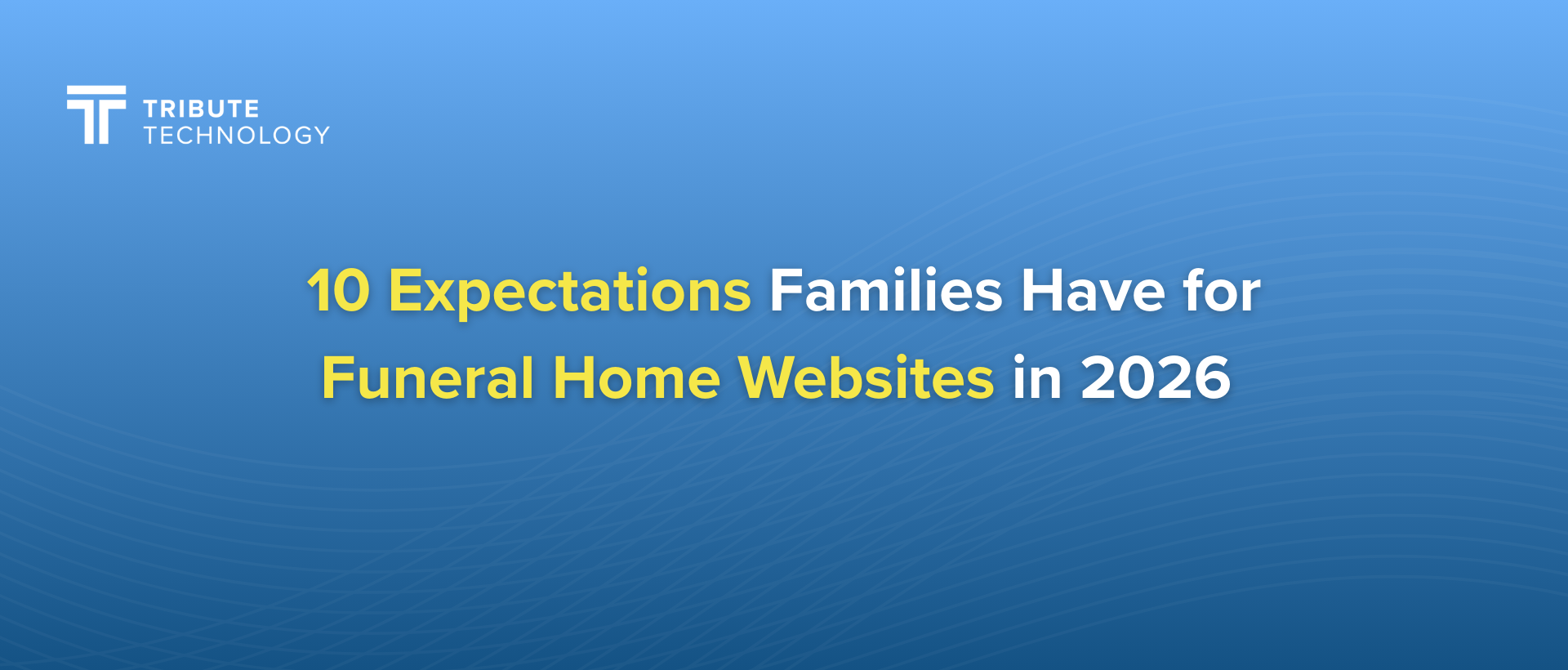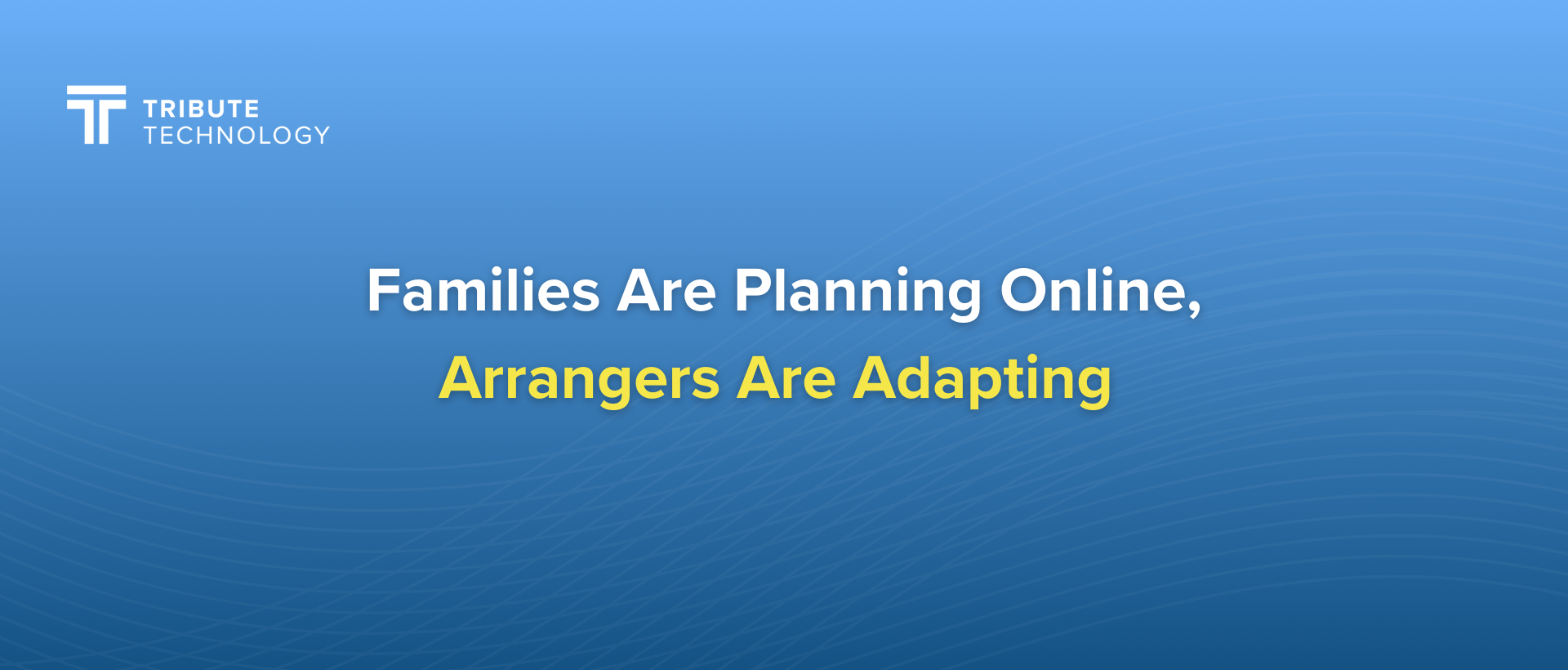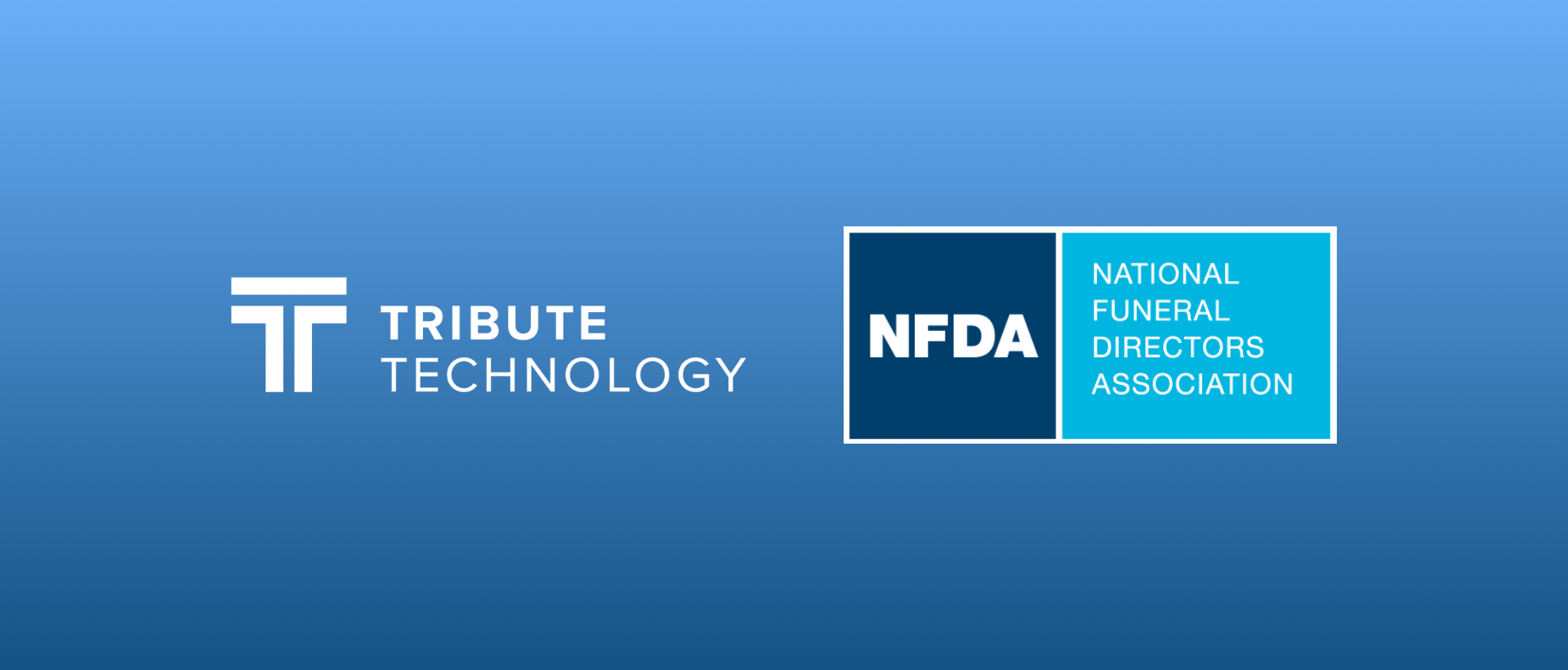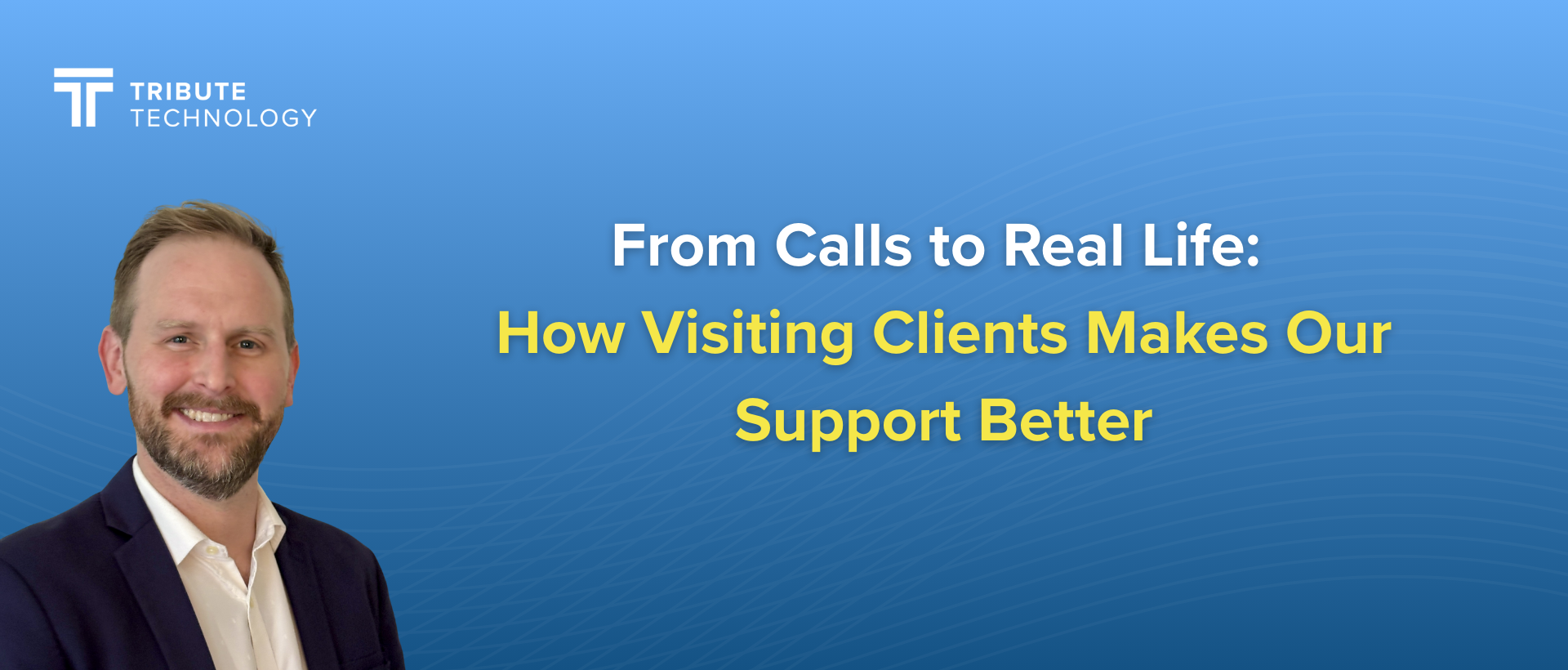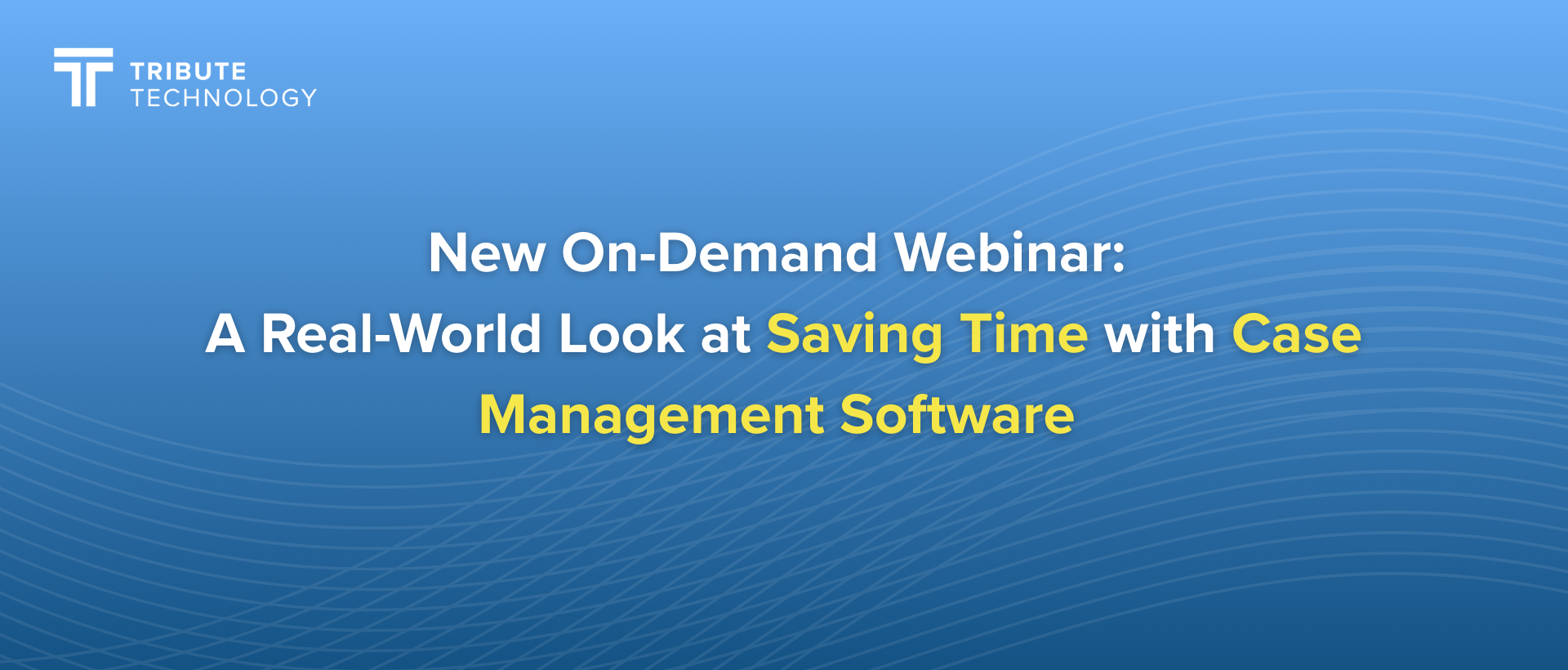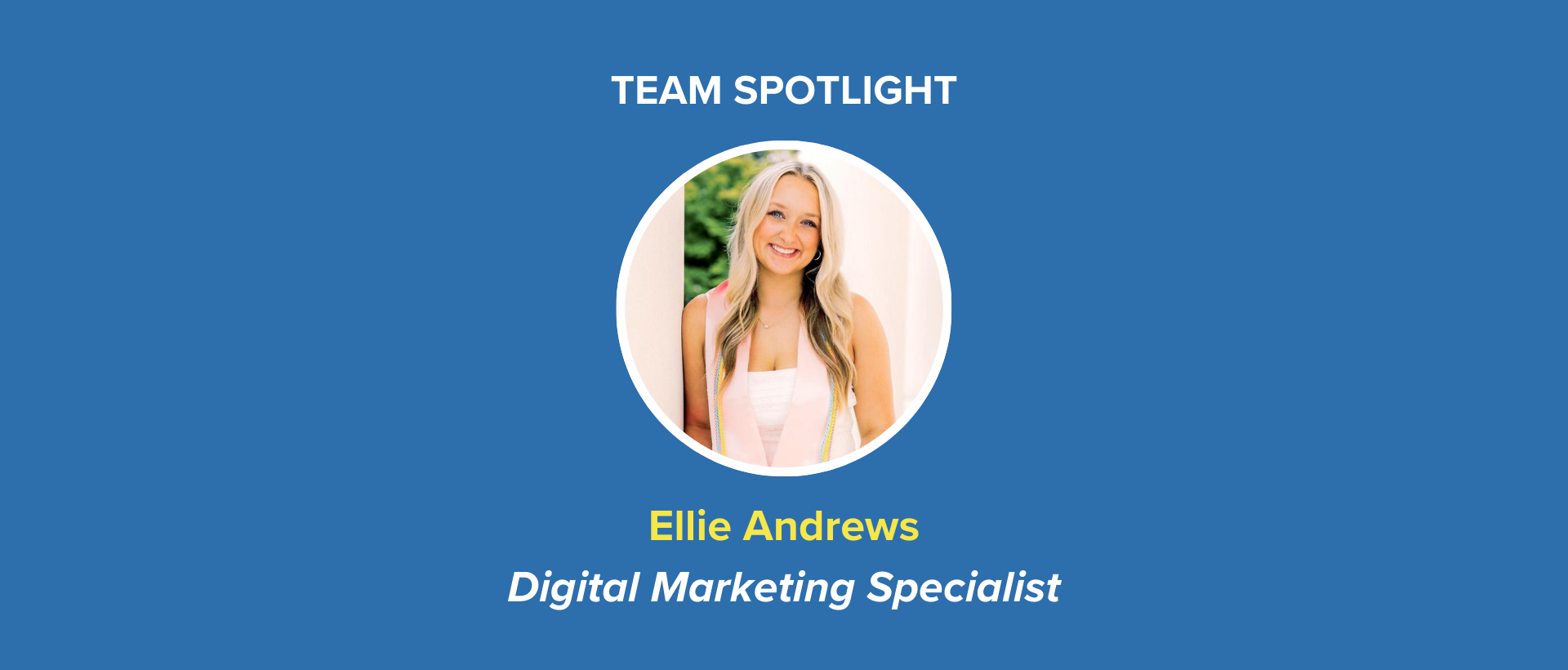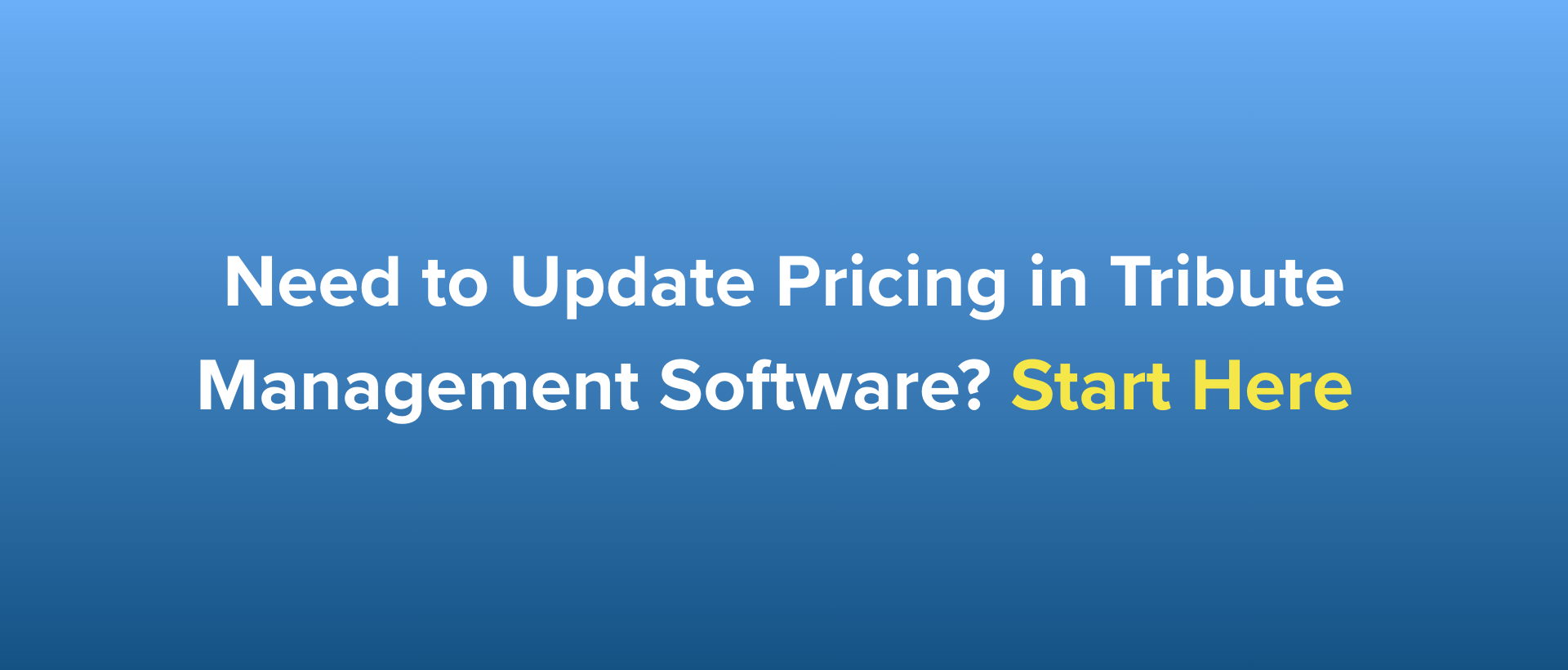Recognizing the Mental Health Challenges Facing Funeral Professionals
It should go without saying that as a funeral director the job can be mentally taxing and stressful. On any given day, you could be handling multiple tasks that each require specific expertise and attention. The difficulty is only amplified when you add in caring for grieving families and being exposed to death and tragedy.
Some may say it’s just part of the job but over time this can definitely take its toll. If you ask a funeral professional how they handle the stress of the job, you might hear something like “I don’t bring the job home with me” or “I put the blinders on”. However, this stoic approach does not work. This ‘tough it out’ mentality has proven to hurt many funeral professionals in the long run.
Depending on the size of the firm, the frequency at which you’re exposed to grief and traumatic experiences can vary. Regardless of volume though, that doesn’t make things any easier. When you add in a global pandemic like we’ve been experiencing, that just amplifies things. At the peak of the pandemic, some firms experienced two to three times their normal volume. While that may be good for business, this can be draining for funeral professionals.
Being Surrounded By Trauma Takes A Toll
Many people think of funeral directors as the people who simply plan and organize everything for a funeral service. Thanks to television and films, many associate the profession with a man in a dark suit burying a casket. But as those around the profession know, there is much more that goes on.
What often gets overlooked is the other parts of the job the general public doesn’t really see or ever consider. Victims of car accidents, suicides, and murders can all be disturbing sights that a funeral professional may have to face on any given day. While those are more extreme cases, funeral professionals still have to surround themselves around death and tragedy each day. They may be providing embalming services all day which means standing over corpses for 10+ hours. Or they have to support a mother who just lost an infant son. Even for the strongest individuals, it is a lot to handle. Funeral directors need to openly accept that their profession poses strong risks to their mental health. Doing so will help create management tactics and reduce the harm that can occur.
PTSD Rates Are 20% Higher Than The General Population
When we think of PTSD, many people instantly associate this with military or first responders. While it is prevalent in those professions, PTSD among funeral professionals often gets overlooked and undiagnosed.
To date, there hasn’t been much research on the topic in regard to funeral professionals. With that being said, I was able to come across one intriguing research article online. In 2019, Jessica McClanahan, a student at Harvard University published her Master’s thesis examining post-traumatic stress among mortuary works. Click here if you want to read her full thesis.
For her research project, McClanahan interviewed 333 mortuary workers who identified that they were actively working in the profession. The results showed that 28.5% of the respondents met the criteria for PTSD. Comparatively, other studies on the general population have concluded that PTSD rates range from 1% (Helzer et al. 1987) to 8.3% (Kilpatrick et al. 2013). Regardless, this study suggests that PTSD rates among funeral professionals could be 20% or higher than the general population.
Steps Being Made In The Right Direction
While little research has taken place on the topic, there are steps being made to help combat compassion fatigue and PTSD among funeral professionals. In 2019, Canada’s first peer support group for funeral professionals was created. Shockingly, co-founder Michael Dixon could not find any type of peer counselling or support group for funeral professionals in Canada when he first started looking. The Ottawa Funeral Peer Support group consisting of around 12 members supports each other by sharing their experiences. Dixon says the group has helped change the way he monitors staff and his check in process after disturbing jobs.
If there isn’t anything like this happening in your area right now, consider leading the charge to organize a peer support group. You might be surprised how building this type of network of support can really help with your mental health struggles.
Also in Canada, the Ontario Association of Cemetery and Funeral Professionals have launched their Action for Mental Health: Be Brave Initiative. This program includes a five-part video series to help promote positive mental health and support those experiencing compassion fatigue or vicarious trauma.
Lastly, the National Funeral Directors Association offers the Work/Life Resource Program (EAP). This program provides toll-free hotlines with experts who can offer support, counselling, and suggest resources.
Mental health is something that everyone needs to be aware of. While many of us will never truly understand or witness the experiences funeral professionals face each day, it doesn’t mean we can’t get involved.

